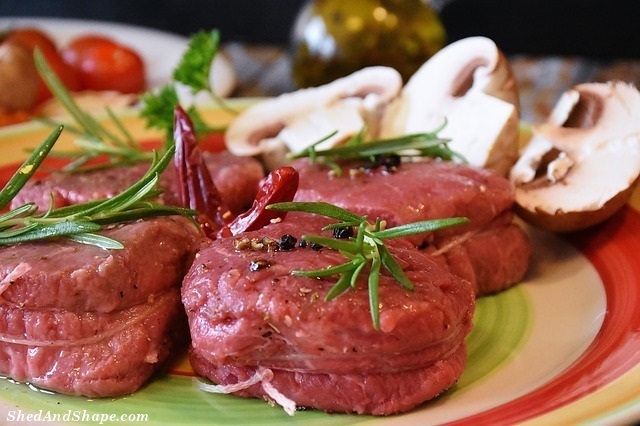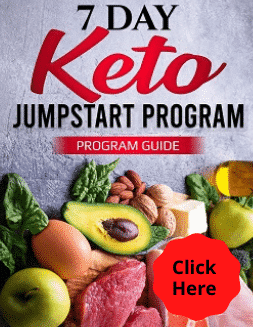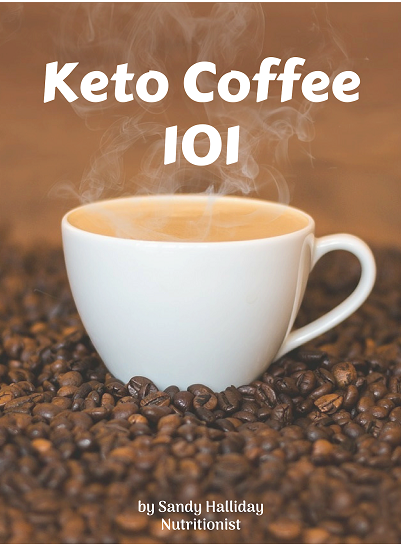A question that seems to crop up a lot in the online keto groups is “can you have too much protein on keto?” It seems that many people on a keto diet are confused by a lot of misinformation about too much protein kicking you out of ketosis.
When following the keto diet many people tend to only focus only on the amount of carbs and fats that they consume. But remember that the amount of protein that you consume on a daily basis plays an important role in the overall success of your diet too.
If you don’t watch the amount of protein that you eat, you may not be able to achieve your goal of losing weight. Protein helps to keep you feeling full and prevents you from overeating. But how much protein should you have on your diet? Can you have too much of this macronutrient?
Related reading: How A Low Carb Diet Keeps Your Appetite Under Control
Importance of Protein for Keto
Getting the right amount of protein is crucial in the overall success of your keto diet. If your protein consumption is low, it would be more challenging for you to lose weight.
Protein improves your body’s ability to burn calories while also preventing hunger, which minimizes your cravings. Protein helps to build and maintain muscle mass. Muscles are important not only because they make us look better, but they also improve our quality of life.
Basically, getting the right amount of protein can help to enhance your weight loss results. It also makes it easier for you to stick to your keto diet for the long-term.
Can you have Too Much Protein on Keto?
Although protein is an important part of the keto diet some health experts say too much of it is not good as it could kick you out of ketosis. On the other hand Dr Anthony Gustin, a Functional Medicine practitioner, says that this is a myth.
Unfortunately, a lot of ketogenic dieters are worried that eating too much protein might kick them out of ketosis. Eating protein won’t affect your ketone levels. You can eat high fat and high protein (preferably fatty cuts of grass fed meat) and stay in ketosis.
Gluconeogenesis – The Facts
The myth that perpetuates is that eating too much protein will result in a process known as gluconeogenesis (GNG). This is a process whereby the body can make glucose from anything apart from carbs.
There is fear that if you increase protein then GNG will increase as well increasing glucose in the body which will kick you out of ketosis. According to Dr Gustin, GNG is an extremely stable process which is not easy to increase even with extra protein.
However he does add this:
might be a problem if you’re pounding protein shakes, eating steaks for every meal and skipping the gym.
How Much Protein Should You Consume on Keto?
This is a difficult question to answer because it depends on so many things like your age, your gender, your current body composition, your activity levels and your goals.
Protein is needed for every cell in your body. It’s used to build and repair tissues. Protein is an important building block of bones, muscles, cartilage, skin, and blood. Your hair and nails are mostly made of protein. You also use protein to make enzymes, hormones, and other body chemicals. Many people don’t get enough.
Protein is needed to maintain muscles. With too little protein you could lose muscle mass. If you want to lose weight but not muscle try eating 15-20% of your calories as protein. If you’re trying to gain muscle, eat closer to 20-25%.
To put it another way a typical serving of protein will be between 4-6 oz. for women and 8 oz. for men.
Signs that you are not getting enough on a keto diet can include feeling hungry, constant tiredness or fatigue, brain fog, muscle loss, thinning hair and weak nails.
A good way of calculating how much protein you should be eating is to use a keto macronutrient calculator such as this one.
Related reading: Is A High Protein Diet Like Keto Bad for You?
Best Protein For The Keto Diet
You should eat good quality protein like organic, pastured or grass fed meats, poultry, eggs and wild fish low in mercury, nuts and seeds, possibly collagen protein, whey protein or vegan protein powders.
Related reading: Benefits of Collagen for a Keto Diet
Conclusion
When following the keto diet, it’s important that you pay as much attention to protein as the carbohydrates and fats. You should eat good quality protein like organic, pastured or grass fed meats, poultry, eggs and wild fish low in mercury, nuts and seeds,
It’s not really as hard as it sounds. For as long as you stick to the basic rules of the keto diet, you should be able to stay within ketosis and enjoy all the amazing benefits of the keto diet.










